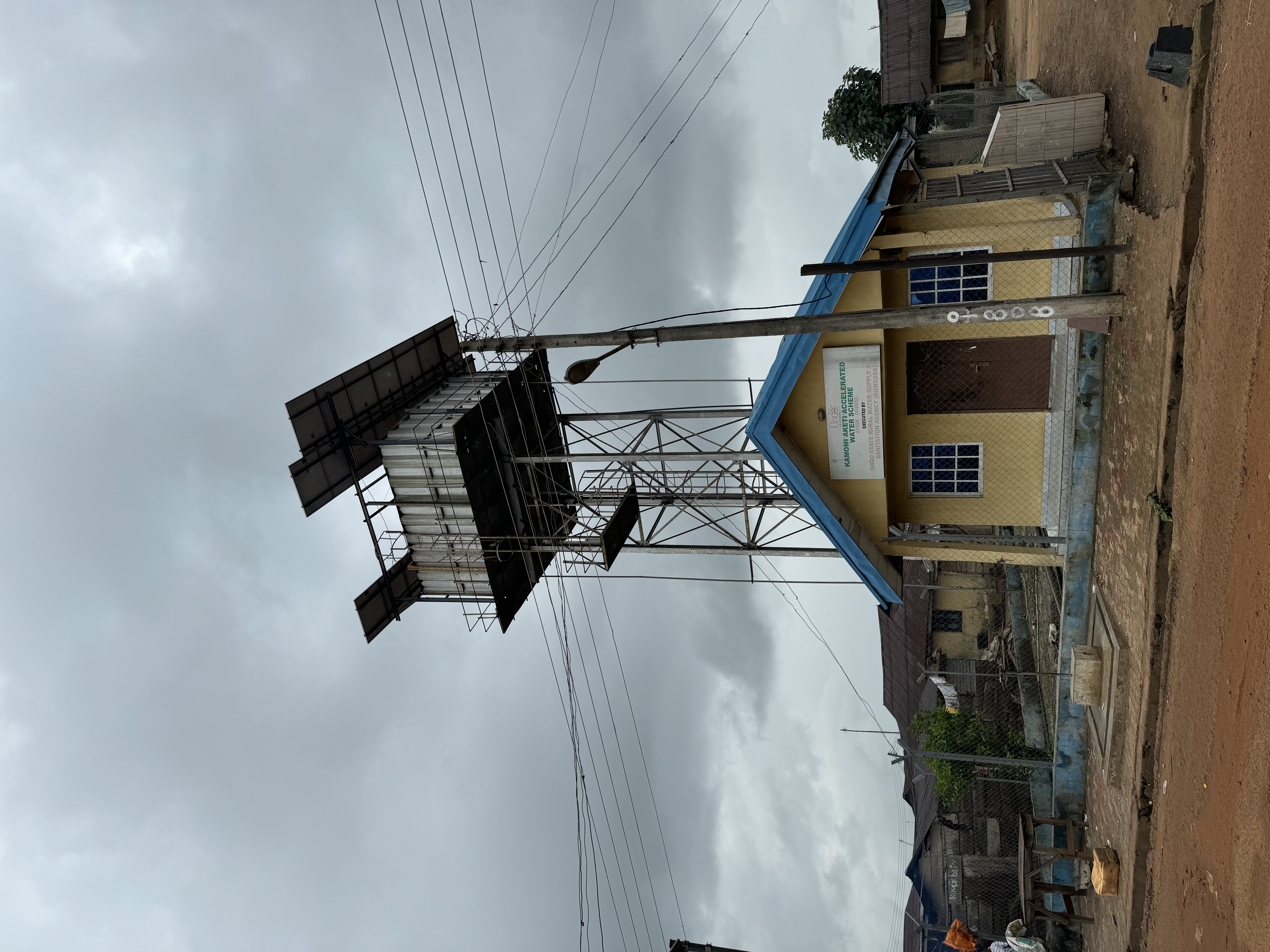Researching Rural Nigeria: Fieldwork Reflections from Ayede-Ogbese
My original research plan did not feature Ayede-Ogbese, located about 15 KM outside Akure. Nevertheless, given the connection of my research areas to community livelihoods, I knew I would be making a lot of travels in the rural Southwest. So, during my first time in Ondo State, I stayed mainly in Akure but soon learned about Ogbese through an informant as he shared stories about security incidents in the town. You should visit there, he said. Days after, the informant, who later became very helpful to my research, was going to the Ogbese market with his family. I was told that compared to nearby markets, the Ogbese market has food items at affordable prices due mainly to agriculture being the primary source of livelihood for this community. The market’s significance in the community’s livelihood is evident as it attracts people from across the region, serving as a hub for economic activities.
So, the informant, a retired military officer, played a crucial role in facilitating my research. He not only provided valuable information about the Ogbese market and the community’s livelihood but also introduced me to an influential Chief in the town. This Chief, in turn, connected me with other local leaders and community members, allowing me to gain a deeper understanding of the community and its dynamics. His role in facilitating my research cannot be overstated. He knew an influential Chief in the town who could provide context about the city and a security incident I had just read in the local Nigerian newspaper. Unfortunately, the Chief told us on arrival that he was not the right person I could speak to. Instead, he introduced us to another chief, whose details I cannot share here. Luckily, I was even better received by this Chief. He told me I could go into town alone and speak to anyone. Should I encounter any troubles, I should drop his name. This gesture is a Nigerian way of being entirely accepted as a stranger. Following this meeting, I visited Ogbese many times during my four months in the Southwest, speaking with more local chiefs, farmers, herders, vigilante groups, market people, and residents. I was also allowed to observe the community conflict resolution sessions conducted by the Chiefs.
One year later, as I prepared to return to the field, I looked forward to being in Ayede-Ogbese. I grew up in rural Nigeria, knew I was received well in Ogbese, and understood what that meant. But I was also returning because I needed to follow up on new research developments. I have more questions. I wasn’t confident about getting the answers because getting credible answers to some of these questions required speaking with Nigerian law enforcement officers. Despite their visibility, access to Nigerian law enforcement people proved exceptionally tough, even for a Nigerian like me. Yet, I was able to accomplish this by leveraging my networks in Ayede-Ogbese.
However, my research experience was not without its challenges. Apart from the difficulties with commuting to Ogbese from Akure, there is often no functional transport, access roads are poor, and the drivers are some of the worst I have seen. While not directly related to Ogbese, these challenges impacted my research experience. Despite these challenges, my overall experience in Ogbese was positive, thanks to all the wonderful people I met during this adventure. Their resilience in these challenges would forever be inspiring.

